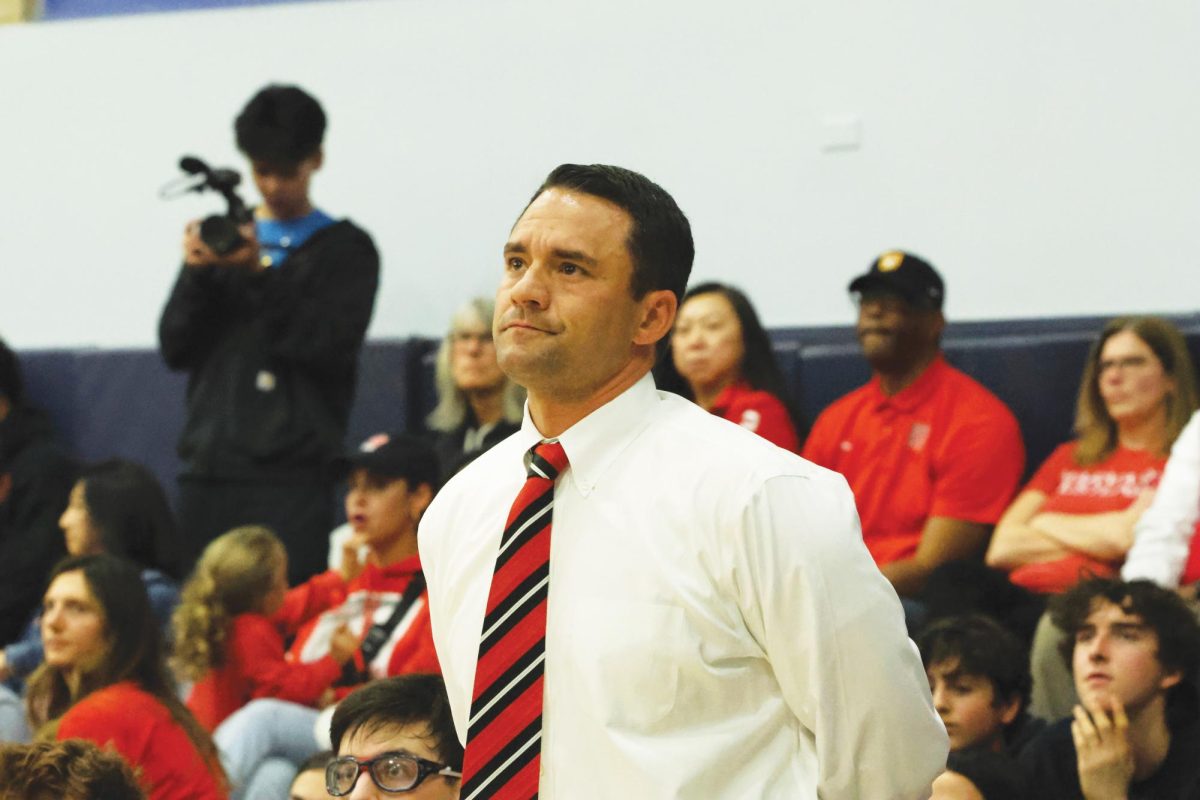Contrary to what the five tests you have this week might lead you to believe, the year is winding down, and fast. It’s the season of assessment (and promposals and Assassin 3.0) — AP exams, finals and report cards assign inarguable judgment to the (academic) way in which we’ve spent the last nine months.
Why should students have all the fun? With its last session this past month, Civitalks is where we’ll be soon — due for a performance report.
Forget for a second the failing grade suggested by the sense of dread the program’s wacky-scheduled days brought. It’s hard to fairly assess the initiative’s ability to meet its goals without first outlining them.
But perhaps therein lays Civitalks’ most basic and persistently problematic issue. With the way meetings just began suddenly at the beginning of the year, largely unexplained, no single goal was made especially explicit.
Instead, terms alternately admirable and vague were bandied about — community building and character education. But with no one, obvious direction, six 45-minute meetings later it was all too common for students to admit that they didn’t know the names of the people in their Civitalks groups, let alone anything about them. As for imparting moral education, directed discussion of social issues that pertained to the community was largely scrapped midyear for various versions of charades.
With the adoption of multiple lofty goals at the outset, Civitalks was the kid who took all the toughest classes in the same year, and had quickly to forget A’s and struggle just to stay afloat. Just as such a student would be pressed for adequate time for any subject, the monthly 45 minutes were neither long enough nor frequent enough to foster the comfort and familiarity necessary to meaningful discussion and interaction.
So after two semesters that depressed both the student and their GPA, what would change for next year? The student would likely admit that the APUSH-Phys B-Chem thing or its equivalent hadn’t quite worked, and not pursue as heavy a schedule next year, allotting more time to a single tough class. And perhaps the Civitalks program could follow a similar rebound process, meeting every two weeks with the express purpose of forming small, close-knit groups, concerned more with being a stress outlet than a character educator.
We believe that is what would be required to see anything resembling a passing grade. But we also believe such measures would be met with widespread initial resistance, to the point that any advantage gained by the growth in frequency would be overcome by the growth in resentment.
The desire of the school to foster community and character is admirable. Just as admirable: recognition from the school that its first method failed, and an entirely new one should be implemented if it remains invested in those goals.
As it happens, we’ve got a few ideas. If what the school is looking for is an activity that promotes a fusion of community and character, a designated community service day or two for the whole school might do the trick. Students and faculty could be divided into several Civitalks-size groups for different community service activities.
Unlike the charades and posters and videos characterizing Civitalks, the real sense of purpose inherent in community service may better promote camaraderie among students and faculty working side by side.
On the other hand, it may well be that the intent of the Civitalks program evolved primarily towards building community rather than also teaching character. In that case, perhaps a 15-minute advisory class in the morning once or twice a week could provide small communities whose express purpose is being together with no set agenda. The frequency of meeting would, at the very least, make getting to know each other unavoidable.
Lastly, as bad as it sounds to stick to the status quo, maybe everything is fine. One sign of a healthy environment is the presence of thriving microcommunities, and Harvard-Westlake has those in abundance, in the form of clubs, sports teams, performance casts and even classes (not to mention the Chronicle). Furthermore, these are not discrete entities — lots of overlap exists in membership, so that, from numerous ingredient groups, Harvard-Westlake emerges from the oven as a single confectionary community.




































